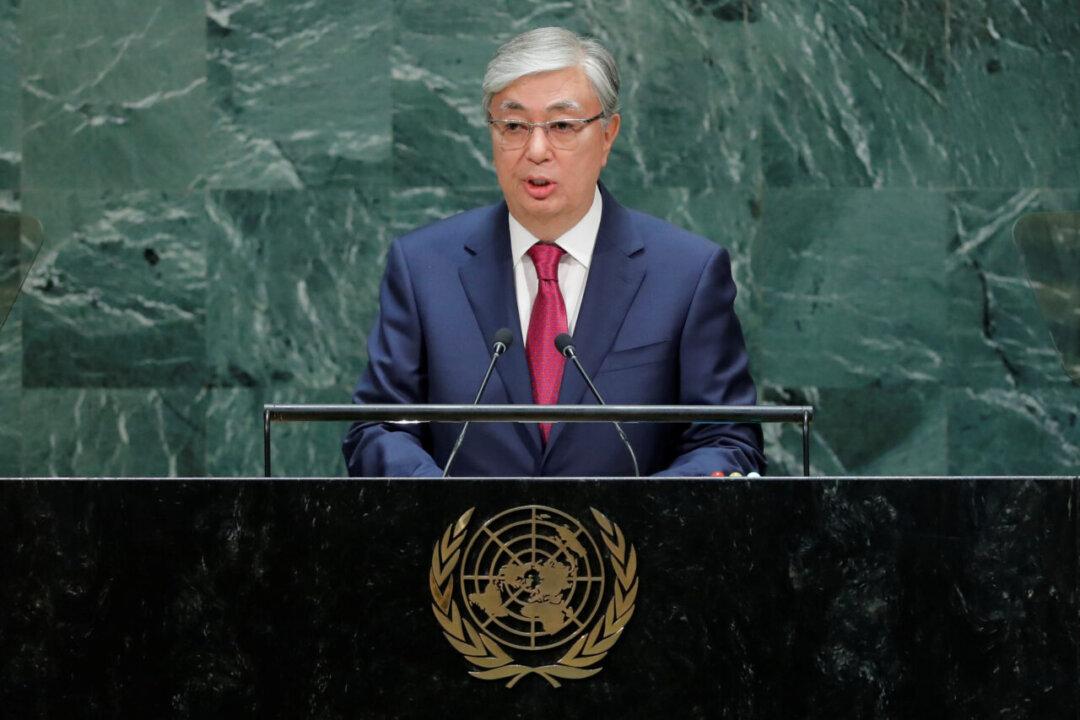NUR-SULTAN, Kazakhstan–Kazakh President Kassym-Jomart Tokayev ordered an investigation on Oct. 8 into former senior officials who initiated a struggling $1.5 billion Chinese-led project to build a light rail network in the capital.
While Tokayev mentioned no names, his order could mean that he’s targeting former and current members of his patron and predecessor Nursultan Nazarbayev’s inner circle—challenging the widespread notion that the president is only No. 2 in the Kazakh political hierarchy.





